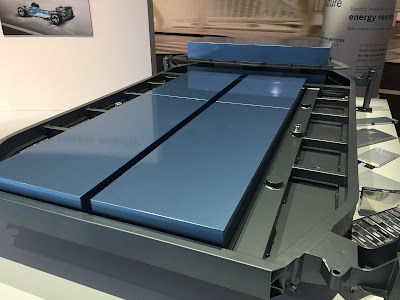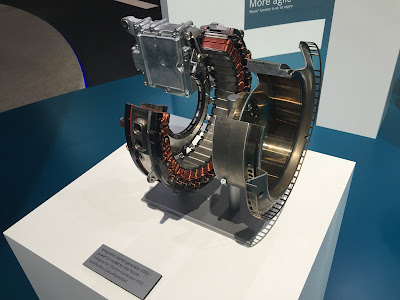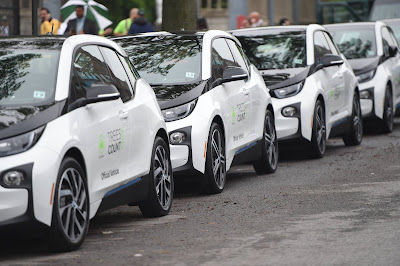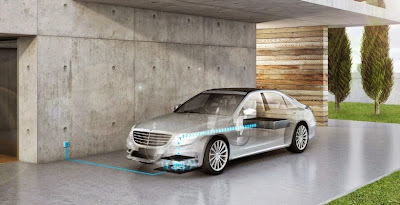Over the next two years, Daimler is slated to invest an unprecedented seven billion euro (approximately $7.8 billion in US) into what they are referring to as green technologies. Usually, such a large sum of money would be invested over a long period of time, but Daimler is leading the industry in doing so over a mere two years. By 2017, the car maker will offer all models with electrified powertrains.
According to Professor Dr. Thomas Weber, a member of the Board of management of Dimler AG, stated, “…no other manufacturer offers a comparable range of electrified vehicles and solutions in the field of electric mobility. The spectrum ranges from the smart city runabout and attractive Mercedes-Benz passenger cars to buses, coaches, and trucks of the Fuso brand. We will electrify all Mercedes-Benz passenger car model series step by step.“
The Mercedes-Benz name will not be compromised by lack of power, as stated in a press release, but will instead offer customers a broader range of engine options, keeping in mind the specific needs of each model and the desires of the purchaser. Mercedes-Benz will offer a multitude of plug-in hybrids and expand carbon-free options by implementing emission-free vehicles into every realm of their model options including buses and commercial vehicles. The car maker recognizes a need for more innovative technology within the automotive industry though, and is making great strides toward the future.
Mercedes-Benz will unveil a high-performance four-door, four-seat, all-wheel drive GT electric only saloon with 500 km range at the Paris motor show in October.
Source: Daimler












